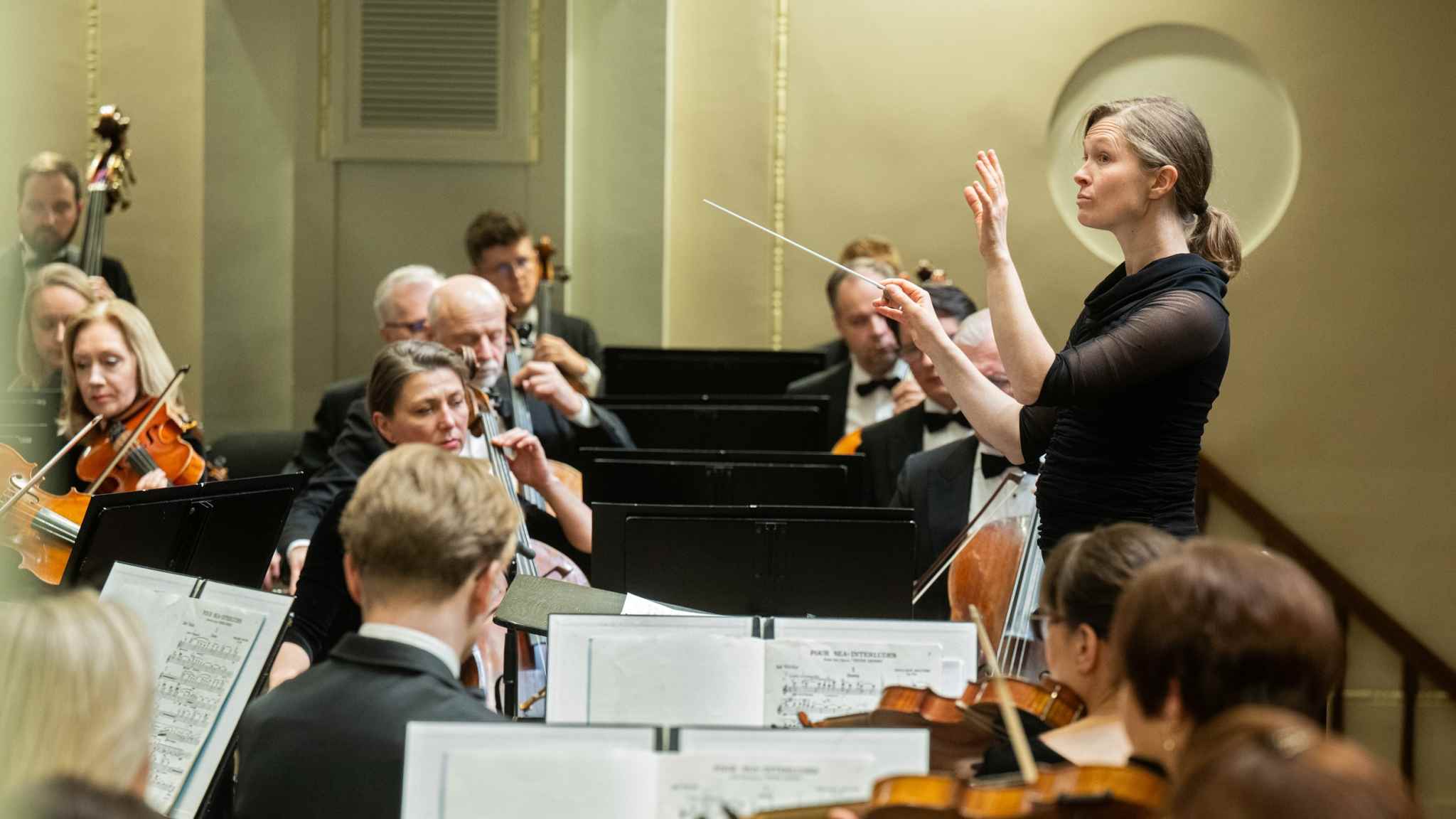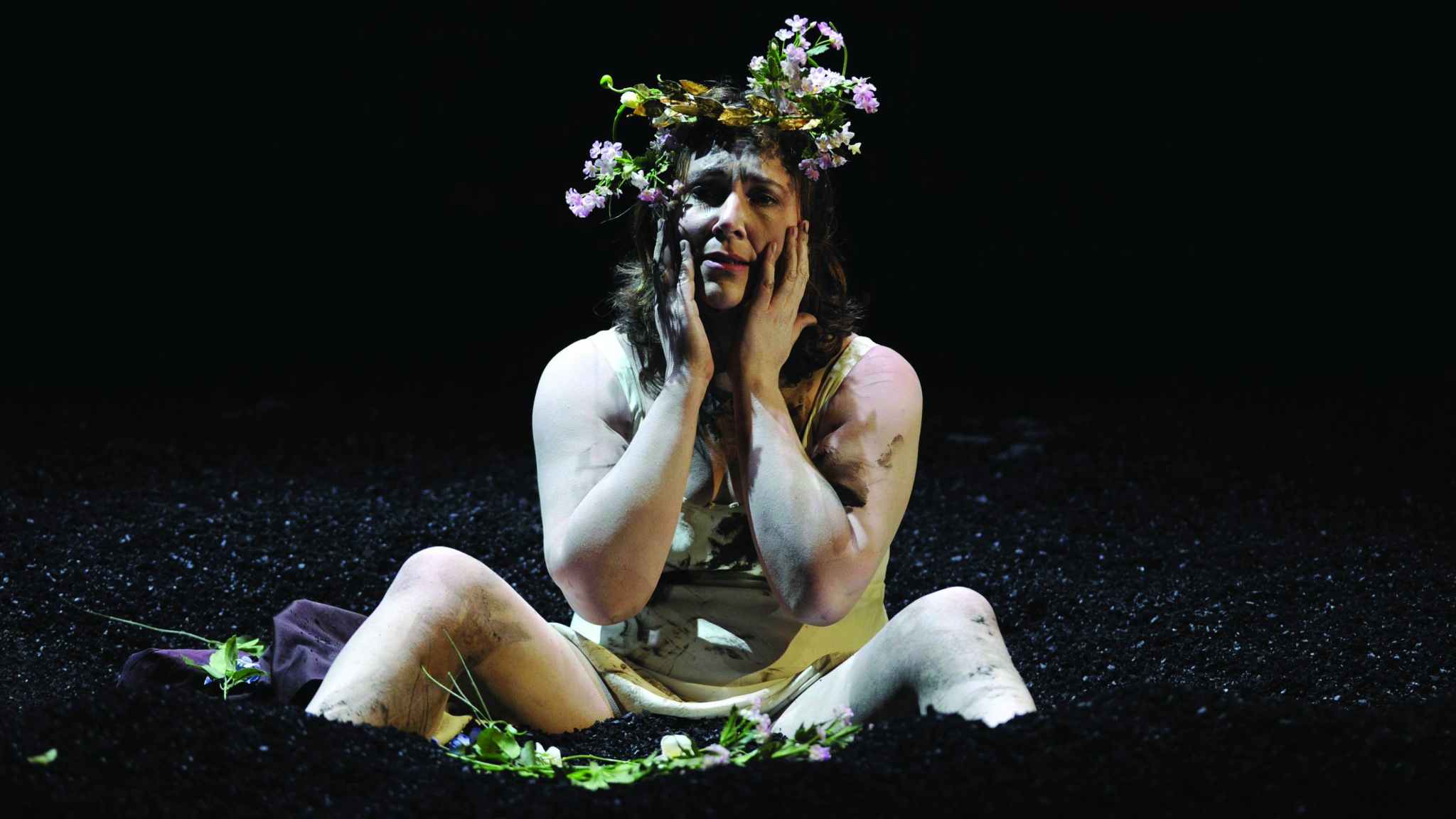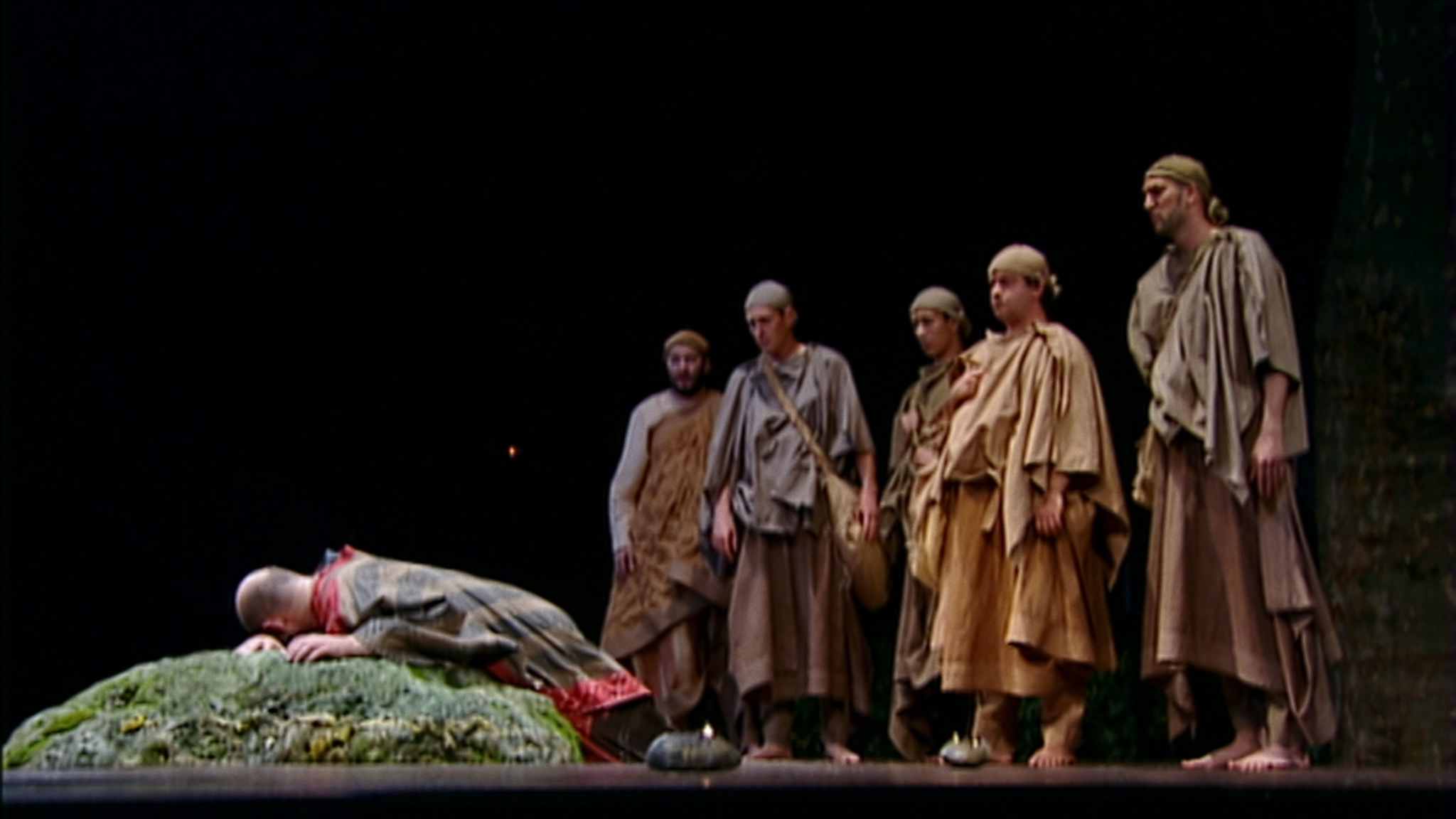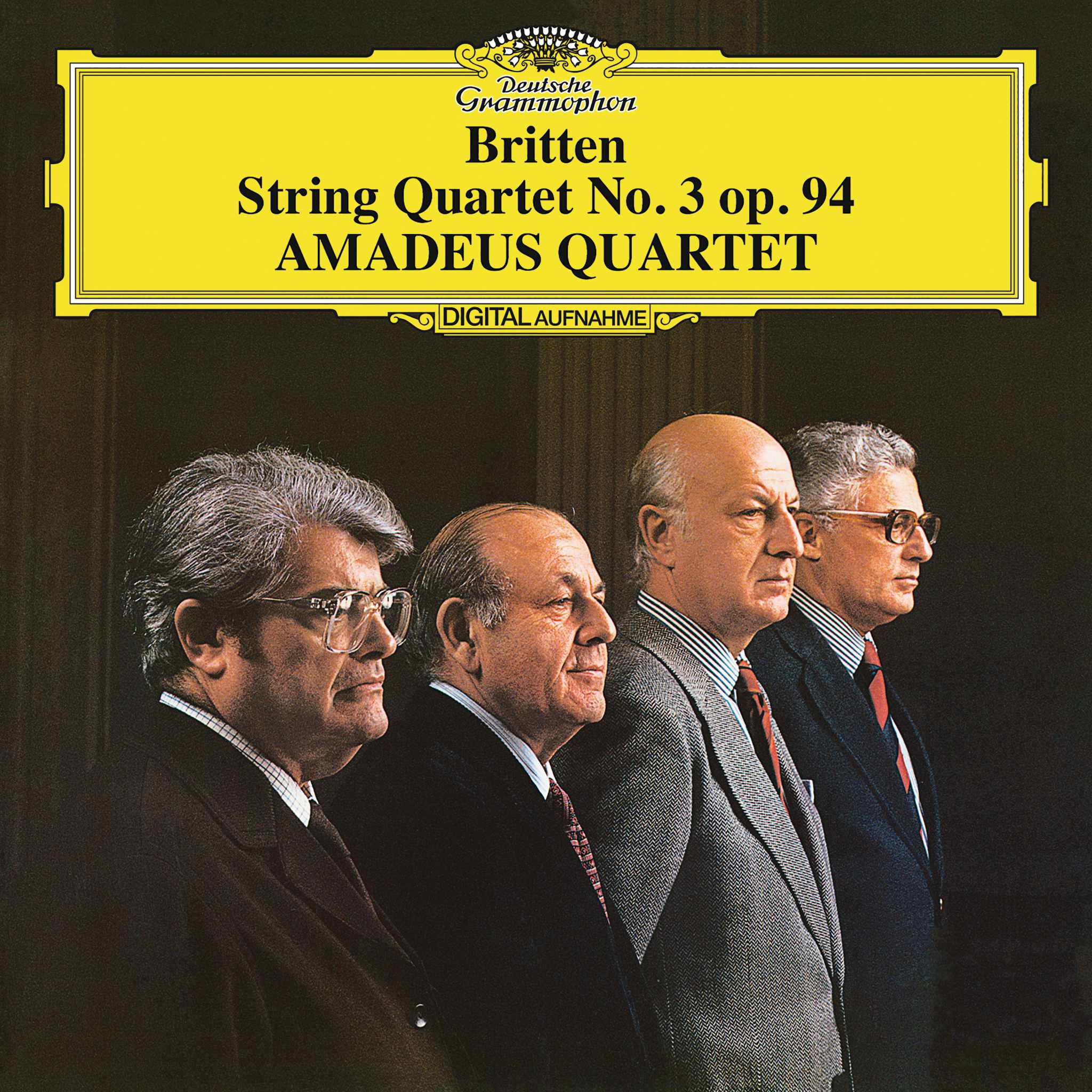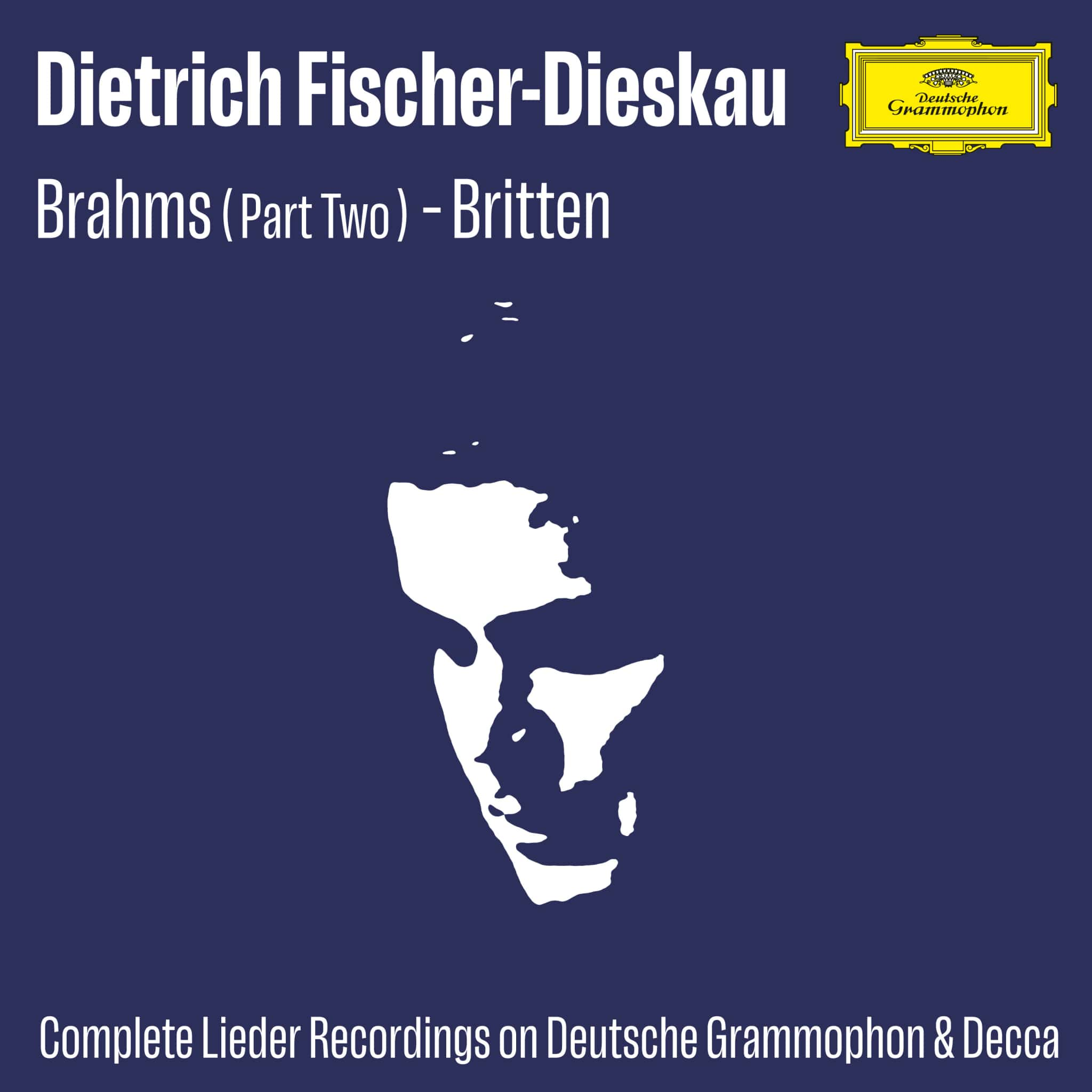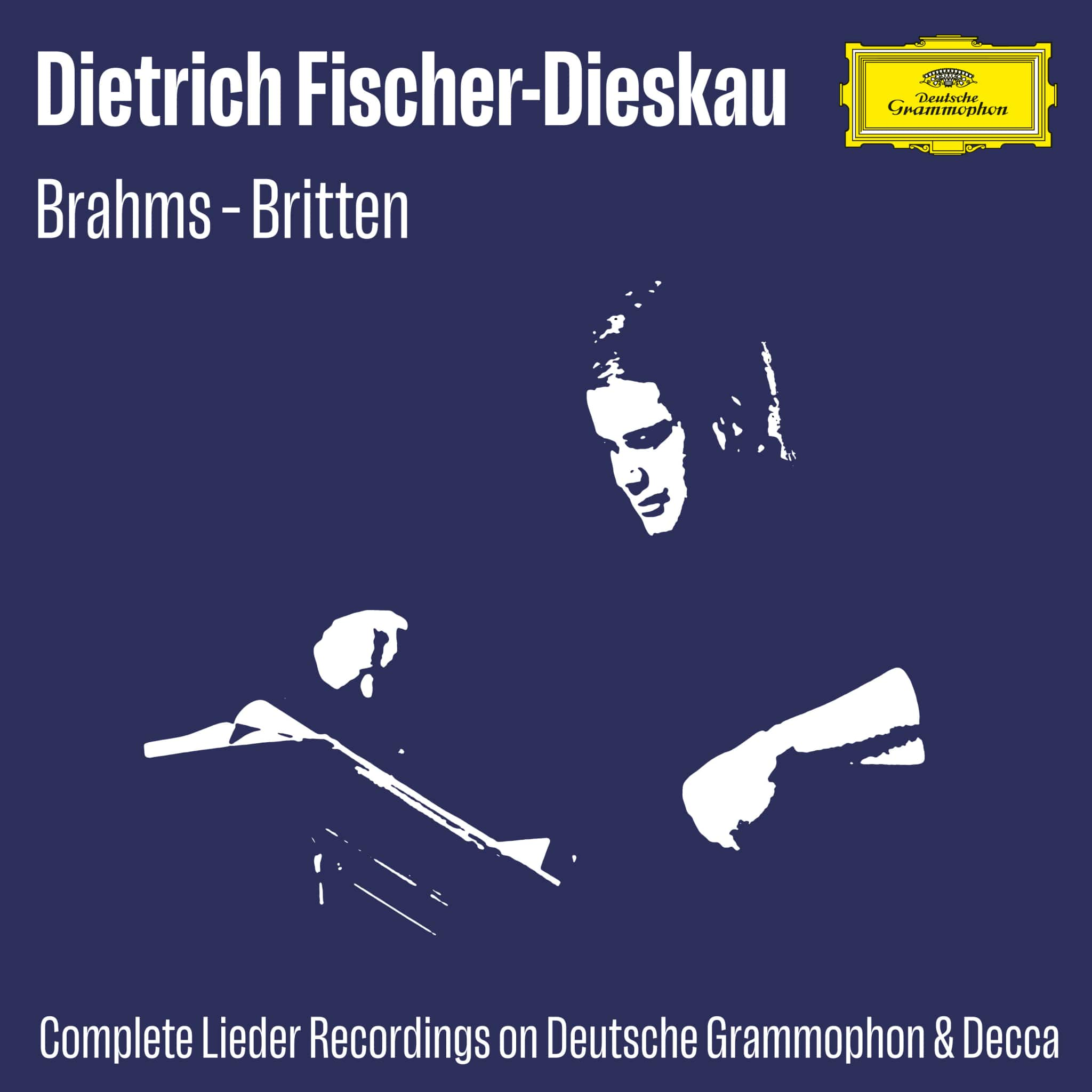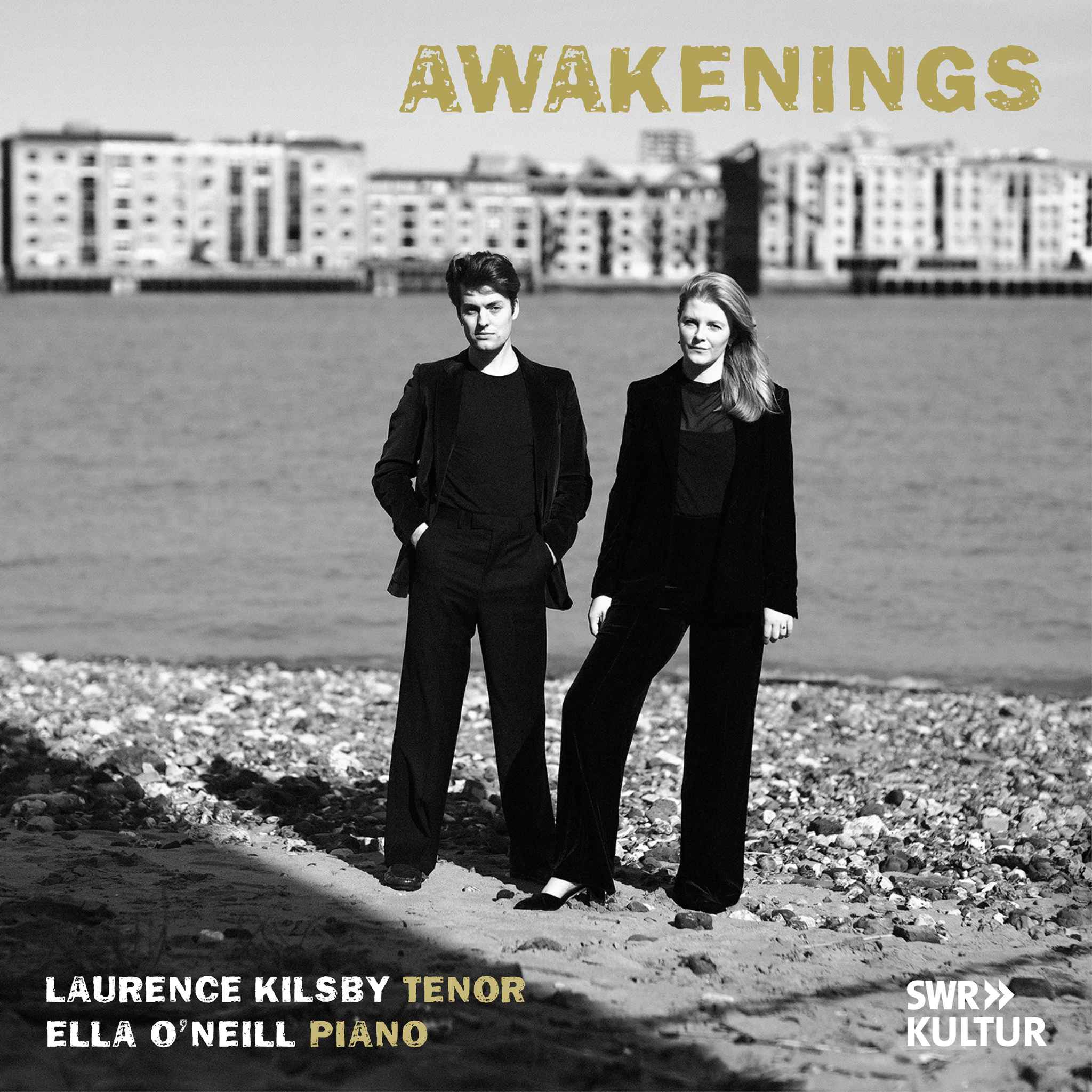Unveiling the Brilliance of Benjamin Britten
Dive into the fascinating world of Benjamin Britten, an exceptional student of Frank Bridge, who began his musical journey from a tender age. His prodigious aptitude led him to the prestigious halls of London's Royal College of Music, where he honed his skills in composition and the piano for three years.
Early Life and Background
Edward Benjamin Britten, Baron Britten of Aldeburgh, was born on November 22, 1913, in Lowestoft, Suffolk, England, and died on December 4, 1976, in Aldeburgh, Suffolk. He began composing at a very young age, displaying musical talent by age five or six, and started formal studies on piano and viola before age five. Britten studied composition at the Royal College of Music in London from 1930, working with modernist composer Frank Bridge, whom he greatly admired and who significantly influenced his style.
Artistic Path and Style
Despite the traditional teaching methods, Britten wasn't enthused, finding them confining and uninspiring. This led to him leaving England for North America in 1939. Amidst the turmoil of the war, Britten courageously chose to return to his homeland. He premiered the masterpiece 'Peter Grimes' and relocated to Suffolk coast's quaint town, Aldeburgh in 1945. In this serene setting, Britten established one of the world's premier festivals.
Britten was known for his robust temperament, vast erudition and an extensive understanding of his contemporary works. Unlike other composers of his time, Britten refused the lures of the avant-garde. Instead, he abstained from the trending aesthetic revolutions and developed a unique, noticeable musical voice. It was this idiosyncrasy that gave his pieces their charm. His love for the classics, especially for the works of the great English composers like Purcell, and his ability to derive inspiration from various sources, were all mirrored in his globally successful compositions.
Major Works and Achievements
Britten’s output includes operas, orchestral, choral, and chamber music. His works are characterized by inventive orchestration, lyricism, and often explore themes like the outsider’s struggle against society and the loss of innocence. 'Peter Grimes' (1945) established Britten as a major international composer and is considered the finest English opera since Purcell. 'War Requiem' (1962) is a powerful choral work reflecting his love of the written word and anti-war sentiments. In addition to these, Britten wrote the church parable opera 'Noye's Fludde', which is also considered important.
Britten was made a life peer as Baron Britten of Aldeburgh in 1976, not earlier. His most acclaimed pieces continue to resonate with audiences worldwide, a testament to his enduring legacy in the world of music.


